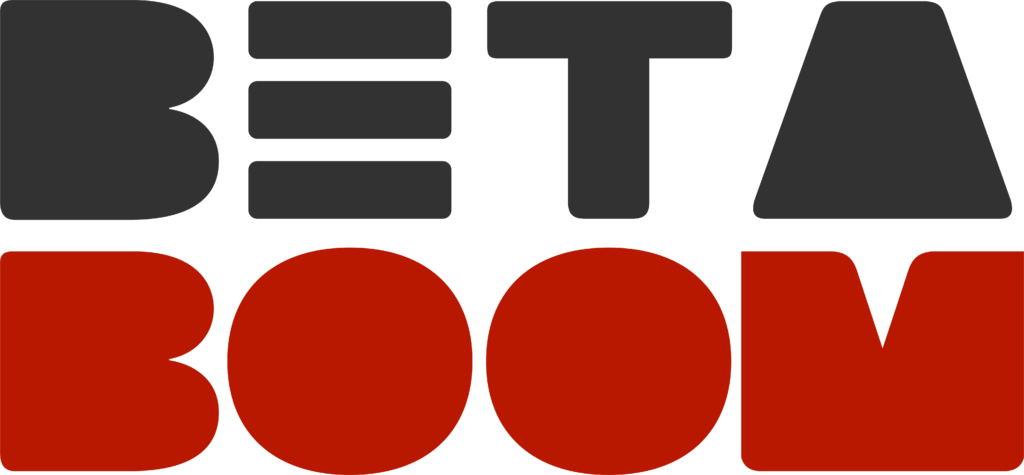Looking for the best startup accelerators? Cool, we got you! And the rankings are sure to surprise you. (Hint: they are not Y Combinator or Techstars!)
Did you know there are over 3,000 accelerators worldwide and over 1,000 in the United States alone? No wonder it’s confusing to figure out which ones are worth applying to.
Unlike other lists that are totally subjective, our list focuses on the thing that matters most to founders: the accelerators’ ability to set your startup on the path to success.
To judge accelerators’ ability to “accelerate,” we took a look at how many of their portfolio startups actually had an exit, such as an acquisition or initial public offering (IPO) on a major stock exchange. We measure this as a simple ratio of total number of portfolio companies to exits, which we call “exit rate.”
Those accelerators with the highest proportion of startups that had an exit, or exit rate, are ranked at the top. We also only included accelerators that had investments in either 2023 or 2024.
Alright, here we go. Below is our list for 2024:
Get on our radar for an investment.
Beta Boom invests in founders who don’t fit the traditional Silicon Valley mold.
The Best Startup Accelerator in the U.S. Is AngelPad
Top accelerators in the U.S. are AngelPad (34% exit rate), Plug and Play Insurtech (20%), gener8tor Insurance & Wealth Accelerator (20%), Stadia Ventures (19.05%), and DeltaClimeVT (18.18%).
Below is the full ranking:
Y Combinator, Techstars or 500 Startups Are NOT the Best
If you’re looking for popular accelerators like Y Combinator, Techstars or 500 Startups to top the list, we’re sorry to disappoint you. According to exit rate, YC and Techstars are ranked 15th and 16th respectively. 500 Startups is ranked slightly higher in 9th place. (If you are a woman or underrepresented founder, check out our list of top accelerators for women and underrepresented founders.)
Y Combinator’s exit rate, by contrast, was 11.08%, or roughly one-third of AngelPad’s. That basically means that if you get into AngelPad, you have three times higher probability of getting your startup to an acquisition or IPO than if you went to YC.
If you care about getting to an exit, perhaps it’s worth looking beyond the usual suspects such as YC, 500 Startups, and Techstars.
Bigger Is Not Better
Another interesting point to note is that all top 10 accelerators, except for 500 Global, which moved up into the top 10 in 2024, have fewer than 350 investments. The four most active accelerators have an average exit rate of about 11%, or less than half that of the top ones like AngelPad.
Accelerators at the bottom of the list have exit rates of about four percent, or one-seventh that of the best-performing ones. That means that startups getting into the top ten accelerators on this list have a 7X higher chance of reaching an exit relative to participating in accelerators at the bottom of our list.
The Best Small Startup Accelerators with Fewer than 100 Portfolio Companies
Since it’s clear that bigger isn’t necessarily better when it comes to startup accelerators, we wanted to see which micro-accelerators, or those with fewer than 100 portfolio companies (but more than 10), come out on top.
Not surprisingly, smaller startup accelerators seem to be much better at getting their portfolio companies to an exit than the big, popular ones!
Here are the top micro-accelerators based on the exit rate of their portfolio companies:
The key takeaway is that it might be worth taking a closer look at smaller accelerators, which seem to be better able to help portfolio companies reach an exit. It’s worth noting that not all things are created equal, as those at the bottom of the list for portfolios below 100 do not outperform those at the bottom of the overall top-50.
In Summary
I recognize that this analysis, although based on data, is imperfect. It would have been nice to also look at satisfaction rate, mark-ups in valuation, exit values, founder outcomes, and other factors not captured here. At the same time, it’s interesting to see that smaller accelerator programs tend to perform better, perhaps casting into scrutiny the value of bigger, more established programs.
Hopefully, this article helps you, the founder, identify those accelerator programs that are likely to be the best fit for your startup.
An Important Caveat About this List
We pulled data on accelerators from Crunchbase. I’m sure there are some gaps in the data, but it’s probably more than good enough to get a reliable ranking. However, there probably isn’t much of a difference between, say, number fifteen and sixteen on the list.

Beta Boom is a top pre-seed and seed VC fund investing in founders who don’t fit the traditional Silicon Valley mold.
Get on our radar for an investment.
Beta Boom invests in founders who don’t fit the traditional Silicon Valley mold.
More Resources: Top Pre-Seed Funds | Top Funds Investing in Women | Top Black-Led Funds | Top Latinx-Led Funds | Top Angel Investors | Best Startup Accelerators | Top FinTech Seed Funds | Top Health Tech Seed Funds | Angel Investor Guide | Complete Pre-Seed Guide

